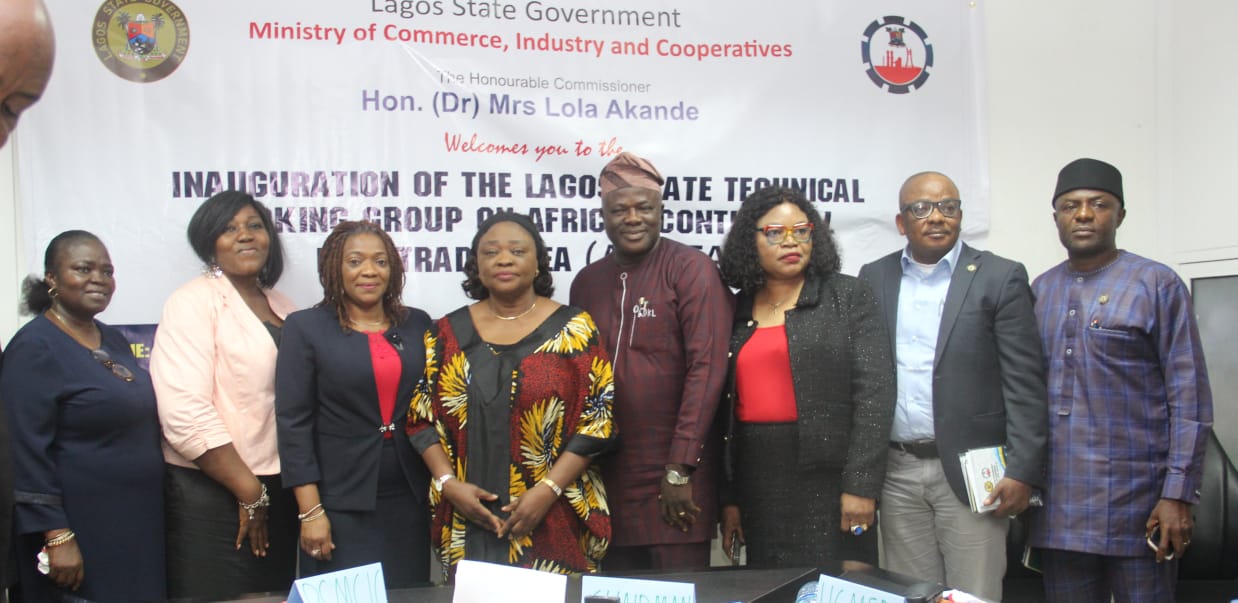Economy
AfCFTA: Stakeholders Outline Solutions For Successful Implementation

Stakeholders in the Africa Continental Free Trade Area (AfCFTA) have called for private sector participation and the creation of compatible trade policies to ensure successful implementation of the agreement.
Top government officials, industrialists, and financial services experts made these recommendations in Lagos on Tuesday at a webinar organized by the Commonwealth Enterprise and Investment Council, Eko hot blog gathered.

AfCFTA
The theme of the webinar was “Opportunities for Africa and the Rest of the World in the Africa Continental Free Trade Area.”
Read Also: Major Nigeria Newspaper Headlines For Today, Tuesday, April 13th, 2021
Mrs Toki Mabogunje, President, Lagos Chamber of Commerce and Industry (LCCI), stressed the need for increased private sector engagements in the advocacy, awareness, education, and implementation stages of AfCFTA.
Mabogunje said that more private sector inclusion and participation in the AfCFTA decision-making processes would help improve the pace for the successful implementation of the agreement.
She advised relevant stakeholders to incorporate an informal trade structure into the AfCFTA to capture more Micro, Small, and Medium Enterprises (MSME), particularly those owned by women.

AfCFTA
“Should the private sector be carried along in all the decision-making processes, the AfCFTA would record great success because players are primarily private enterprises.
“We also noticed that most times, when we talk about the agreement, it’s all formal,
“What we need to do to capture more players is to incorporate an informal structure that would accommodate players in the informal sector that account for the majority of the MSME so that they are not left out,” she said.
Dr Muda Yusuf, Director-General, LCCI, noted that the benefits and costs of the AfCFTA would vary from country to country due to function of preparedness, cost of production, quality of infrastructure and trade facilitation personnel.
Yusuf, therefore, called for the creation of compatible trade and foreign exchange policies to address issues surrounding trade facilitation.
“Countries are to address issues that could pose risks especially those still struggling with issues around the ports.
“Customs service has been a major source of threat to trade between countries and there is an urgent need to improve the quality of the customer services of participating countries.
“Rule of origin also poses a major threat, but we expect countries to leverage the lessons of other regional economic communities and learn from it.
“We also seek to connect with the Commonwealth by leveraging the AfCFTA to strengthen global trade practices,” he said.
Advertise or Publish a Story on EkoHot Blog:
Kindly contact us at [email protected]. Breaking stories should be sent to the above email and substantiated with pictorial evidence.
Citizen journalists will receive a token as data incentive.
Call or Whatsapp: 0803 561 7233, 0703 414 5611










